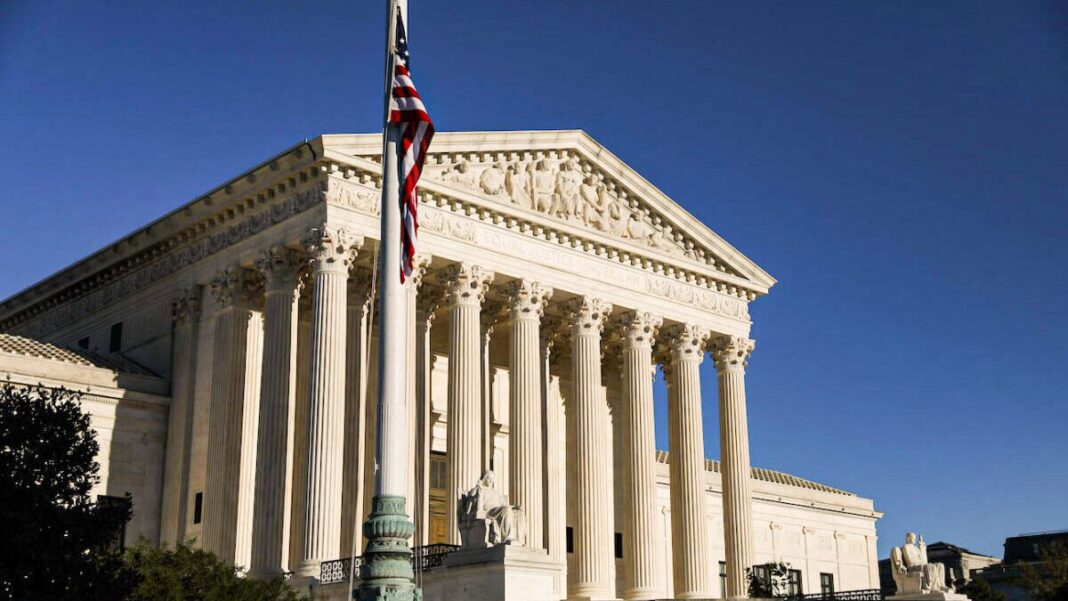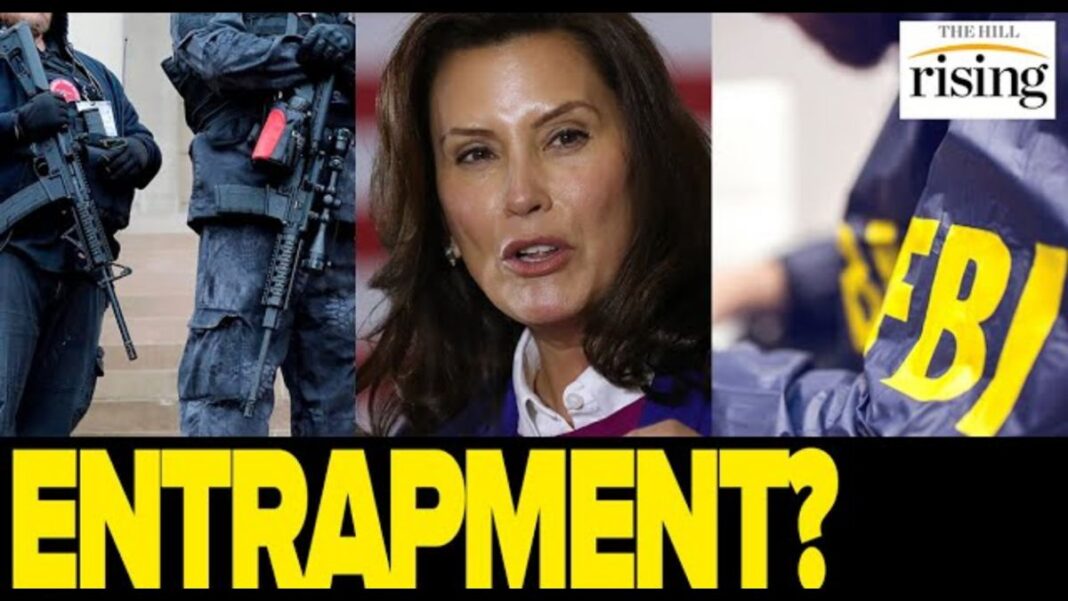North Carolina Republicans told the Supreme Court on Dec. 7 that the U.S. Constitution gives state legislatures preeminent authority to make the rules for presidential and congressional elections without interference from the courts.
The case is important because, if the high court finds for North Carolina, the rules governing how states regulate federal elections could change dramatically. The hearing comes at a time when tensions between Republicans and Democrats over voting procedures are growing in light of former President Donald Trump’s continuing claims that the 2020 presidential election was marred by massive electoral fraud.
At issue is the once-obscure independent state legislature doctrine, under which Republicans argue that the Constitution has always directly authorized state legislatures alone to make rules for the conduct of federal elections in their respective states.
Democrats say this doctrine is a fringe conservative legal theory that could endanger voting rights, enable extreme partisan gerrymandering in the redistricting process, and cause upheaval in election administration.
Liberal law professor Richard Hasen has called the doctrine the “800-pound gorilla” of election law because of its potentially disruptive effect on election administration norms.
Conservatives, on the other hand, say the doctrine is derived from the plain text of the Constitution and would restore reasonable rules on the electoral playing field and allow elected state officials, instead of judges, to make election rules.
The Supreme Court hasn’t ruled on the doctrine directly, but some justices have said that it could have been argued in the Bush v. Gore case, which resolved the disputed 2000 presidential election.
The doctrine, if endorsed by the high court, could in theory allow state legislatures to select presidential electors in disputed elections, something critics decry as a threat to democracy.
When he launched the appeal in March, Tim Moore, a Republican who’s the speaker of the North Carolina House of Representatives, said the Constitution is “crystal clear: State legislatures are responsible for drawing congressional maps, not state court judges and certainly not with the aid of partisan political operatives.”







